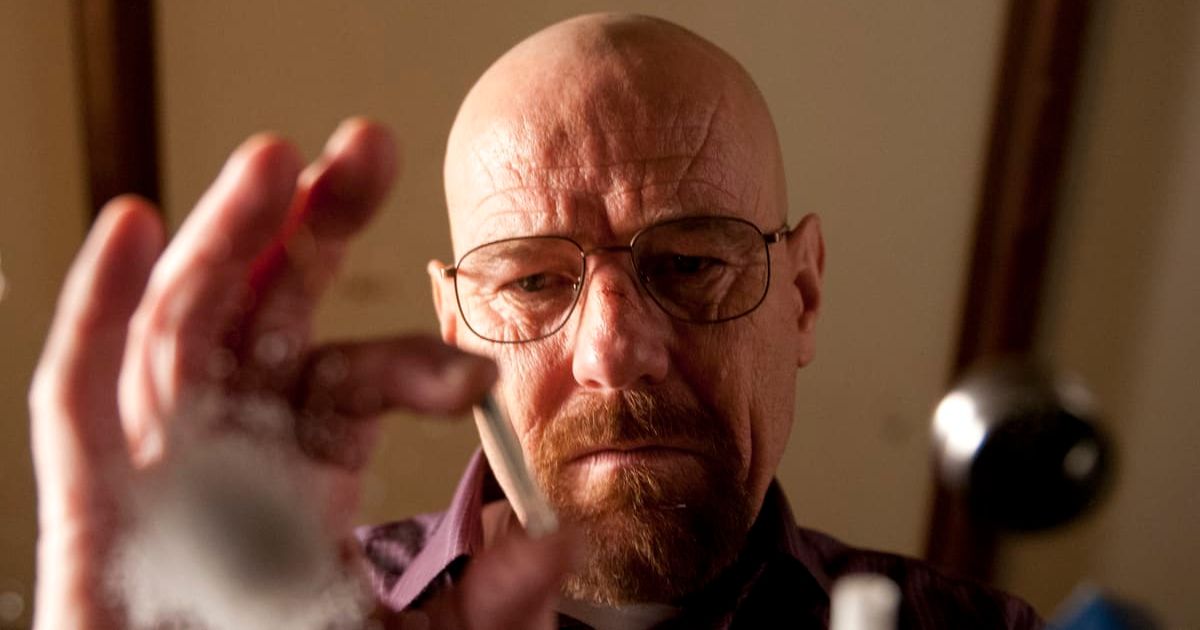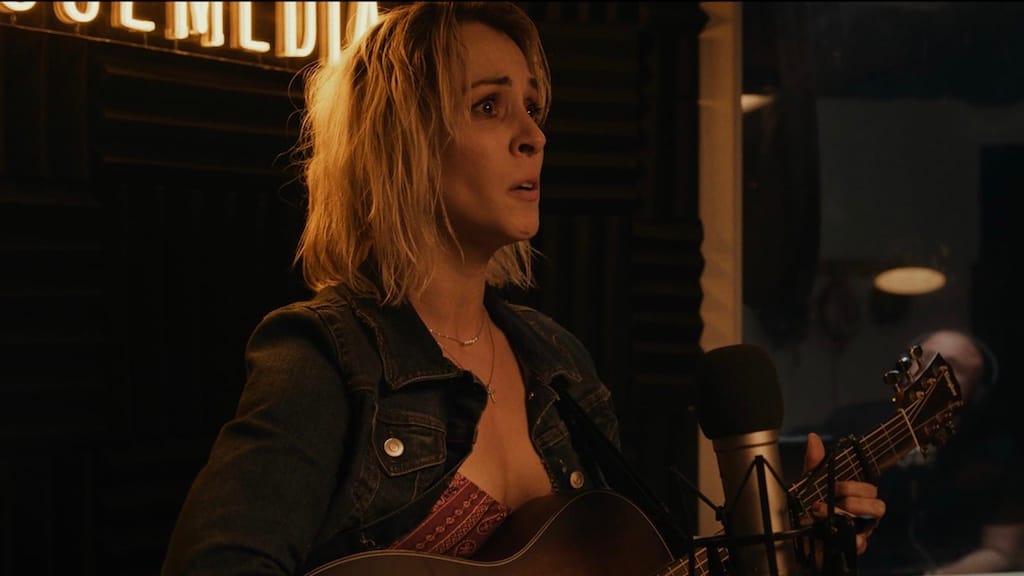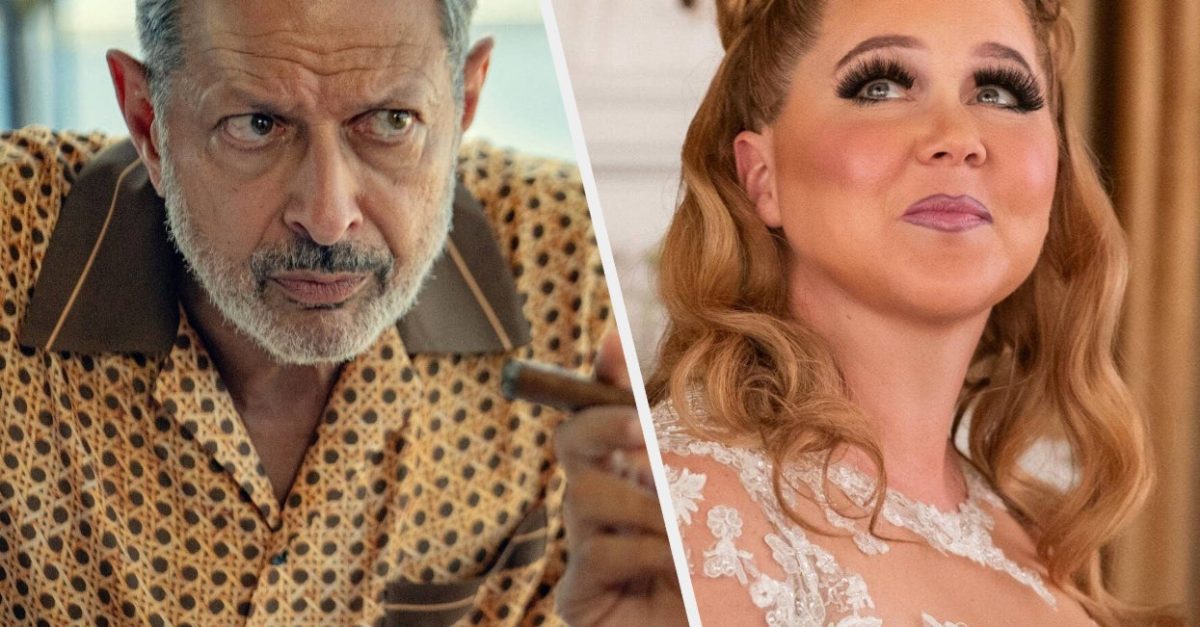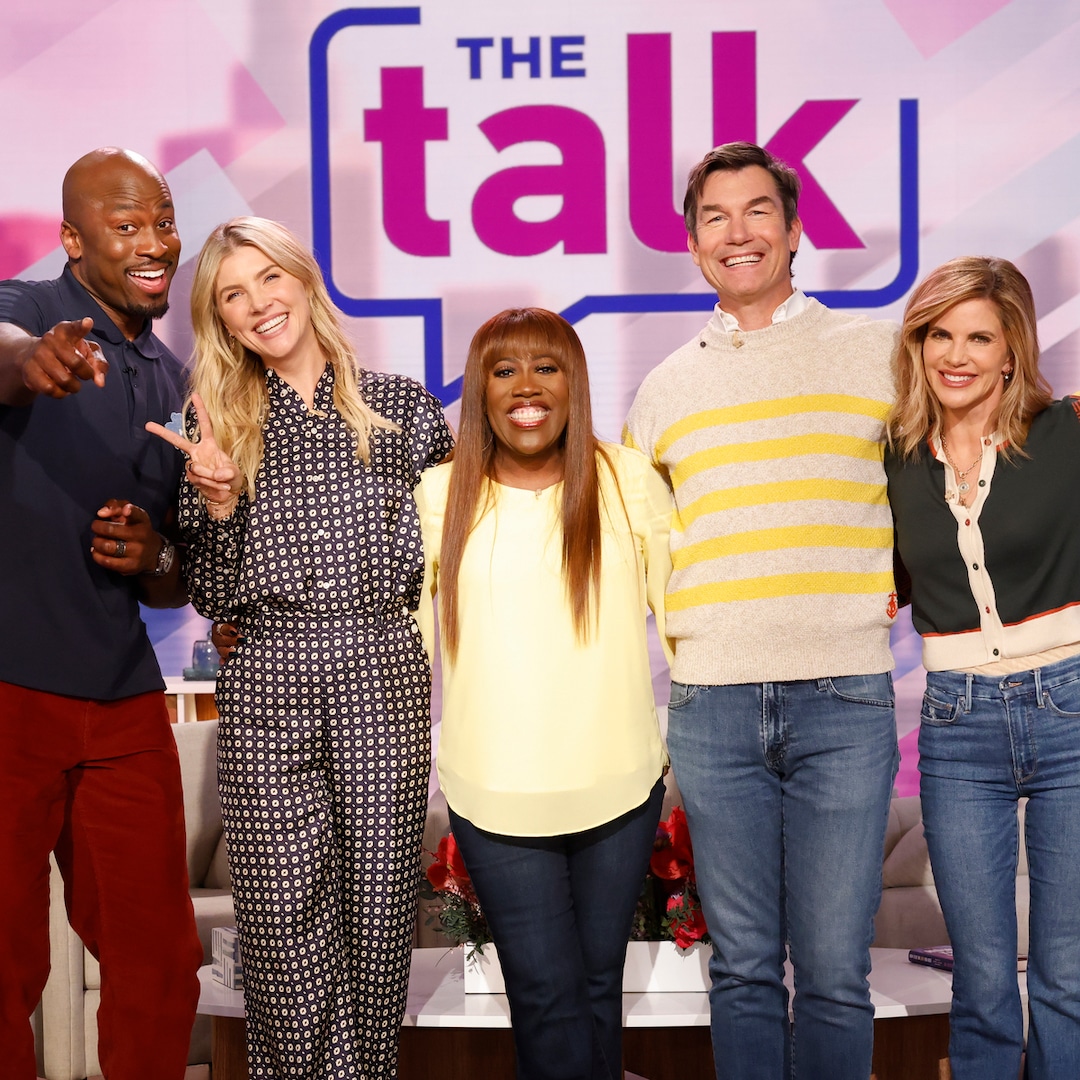
How Breaking Bad Captured the Zeitgeist of the Great Recession
Dec 13, 2022
Breaking Bad (2008-2013) began as a little-known show which, along with Mad Men (2007-2015) and eventually The Walking Dead (2010-2022), would interrupt the back-to-back classic movie programming that AMC had built its name upon since the television channel debuted in 1984. Before Mad Men, Breaking Bad, and The Walking Dead, AMC was once thought of as the basic cable version of TCM.
Running parallel to the fictional rags-to-riches tale of Breaking Bad’s infamous antihero Walter White, the show itself ended its five-season run as a hit series with a viewership four times that of the first season. The series finale alone drew in 10.3 million viewers. Like many hit TV shows before it, the success of Breaking Bad spawned spinoffs like the prequel series, Better Call Saul (2015-2022) as well as a direct sequel movie made for Netflix, El Camino: A Breaking Bad Movie (2019). These spinoffs were well received by critics and fans alike. But neither made a cultural impact as large as Breaking Bad itself.
MOVIEWEB VIDEO OF THE DAY
Netflix and Breaking Bad Created a New Experience of Watching TV
SonyAMC
Breaking Bad’s surge in popularity was largely due to the show’s availability on Netflix, which allowed viewers to watch as many episodes as humanly possible in one sitting without commercial interruption. This new and intoxicating experience of watching serialized television was so wide-spread that it even led to the coining of the term “binge-watching,” which was added to the Oxford dictionary in 2018.
After landing the role of Howard Hamlin in Better Call Saul actor Patrick Fabian caught up with Breaking Bad much like the majority of its fans. Speaking on the Better Call Saul: Insider Podcast in 2015, Fabian said:
I had never binge-watched before… So it’s 1 or 2 in the morning and my wife and I have just watched six hours of Breaking Bad and we’re looking at one another like, ‘Do you wanna do another?’ Our children are waking up in three and a half hours and I felt like we were in college doing blow or something. Because we would be like, ‘Yeah, let’s do one more.’ We’d look like raccoons the next day. Breaking Bad received universal critical acclaim to the tune of 16 Primetime Emmy Awards, to say nothing of the many honors it received at other ceremonies. And the show deserved every award it received. Breaking Bad really is that good.
Yet, as incredible as that critical reception was, awards like the Emmys are given out once a year. But creating a whole new viewing experience that led to a new word in the dictionary? That is the sort of thing that only happens once in a generation.
Breaking Bad Was a Once-in-a-Generation Phenomenon
SonyAMC
Breaking Bad wasn’t just a hit. It captured the zeitgeist of the early 2010s, placing it in league with other historically significant works like Dennis Hopper’s Easy Rider (1969) which not only catapulted the New Hollywood movement, but also captured the zeitgeist of the countercultural hippie movement at large. Think sex, drugs, and rock and roll (and motorcycles). An argument can be made that Hopper should be held personally responsible for all those mustaches that men sported throughout the 1970s.
Then there was George Lucas’ original Star Wars trilogy (1977-1983) which captured the spirit of American exceptionalism, a political philosophy which was popularized in the Reagan Era. The Former President’s Strategic Defense Initiative was even nicknamed the “Star Wars program,” and American history textbooks still refer to it as such. What might have begun as a political joke has now been cemented as an important moment in the Cold War.
Related: Better Call Saul Co-Creator Explains How the Breaking Bad Spinoff Came to Be
After Easy Rider and Star Wars there was Quentin Tarantino’s Pulp Fiction (1994) which captured the Gen X phenomenon of being raised by the television set rather than by nuclear parents. Gen X is often referred to as the “latchkey generation”, which is all the more fitting for Tarantino who was raised by a single mother and, perhaps unsurprisingly, is known for his encyclopedic knowledge of film and television from the 1960s and 70s. Tarantino even wrote a book about being raised on film and television in the New Hollywood Era, Cinema Speculation (2022).
Easy Rider, Star Wars, and Pulp Fiction weren’t just commercially and critically successful. They resonated deeply with audiences of their time and left a massive impact, not only on pop culture but on American culture itself. So what is it about the story of Walter White and his hideous descent into the criminal underworld that resonated so deeply with American viewers in the early 2010s?
Walter White Was Conceived of During the Great Recession
SonyAMC
Breaking Bad creator Vince Gilligan admitted that he conceived of the show while he was unemployed in 2007. Speaking to Dylan Callaghan for the book Script Tease (2012), Gilligan said:
I was talking to a buddy of mine, Tom Schnauz, who I attended NYU film school with. He and I had been on The X-Files as writers… After that show had ended… Pickings were slim. Both of us had been unemployed for a while and we were wondering what to do next. Either he or I joked about putting a crystal meth lab in the back of an RV and driving around the country cooking meth and making money. As we were talking the idea for this character [Walter White] just kinda came into my head… This good, law-abiding man who suddenly decides to become a criminal. Before Gilligan even had a name for Walter White, before he knew Walter was a chemistry teacher, before he had worked out that Walter would be diagnosed with terminal lung cancer, Gilligan knew that Walter would become a criminal to make a quick buck. Even in its most embryonic stage, Breaking Bad was to be the story of a good man snapping under the weight of financial desperation. This, more than Walter’s cancer diagnosis, is why so many viewers followed Gilligan’s antihero down into the criminal underworld. Financial anxiety was something that Americans in the early 2010s could really identify with.
Walter White Personified the Economic Anxiety of the Great Recession
SonyAMC
Characters in Breaking Bad often throw out with lines like, “not in this economy.” These are passive references to the financial crisis which lasted from 2007-2009 which happens to be the exact time frame in which the events of the show occur. But even by the series finale in 2013, real-life Americans were still feeling the impact of the Great Recession.
Ten years might not feel that long ago. But with the exponential growth of technology, the rise of populism and political extremism, and the worst economic inflation since the 1970s on top of a global pandemic, we now find ourselves in an entirely different era from the one that Breaking Bad takes place in. The most obvious example being that none of the characters have smartphones. They use flip phones. And they snap them in half after almost every conversation.
Related: These Are Some of the Best Movies About Class Consciousness
For more evidence of the bygone era of Breaking Bad, look no further than the teaser of Episode 504, where Walter buys himself and Walter Jr. a pair of sweet new cars. This sequence features a dubstep track which, at the time, could only be described as “filthy.” Today, this electronic music can only be described as outdated. Now that the dust has settled, it is much easier to see why Breaking Bad struck such a deep chord with viewers in the early 2010s. (But even with hindsight, it is difficult to see the appeal of dubstep.)
The Great Recession marked the first time in decades that working class American families were no longer able to get by on one salary. This was a time when it suddenly became commonplace for American fathers to get a second job to make ends meet, like the one Walter has at Bogdan’s car wash in the first season of Breaking Bad. Of course, Walter soon quits the car wash and gets himself a new second job: cooking crystal meth.
Bryan Cranston Took Viewers to Hell and Back
SonyAMC
Sure, most people’s fathers didn’t go out and buy an RV and start cooking meth to make ends meet during the Great Recession. But this exaggeration of the financial desperation that Americans were really feeling at the time allowed them to identify with Walter, at least in the beginning of the series.
In many cases, viewers identified with Walter for much longer than they probably should have. This has less to do with the work of Vince Gilligan and the many talented filmmakers behind the camera and more to do with the work of Bryan Cranston, whose portrayal of Walter White is perhaps the greatest central performance in the history of dramatic television.
Gilligan may have captured the zeitgeist by creating The Great Recession’s most despicable folk hero. But by the end of the series, it was Cranston who truly gave viewers sympathy for the devil. It was Cranston who brought them to hell and back. In return, he was rewarded with four Primetime Emmys For Outstanding Lead Actor in a Drama Series.
Publisher: Source link
TV Shows That Got Canceled In 2024
TV Shows That Got Canceled In 2024 Which 2024 canceled TV show will you miss the most? Share your pick in the comments! Disclaimer: This story is auto-aggregated by a computer program and has not been created or edited by…
Dec 22, 2024
How The Talk Emotionally Ended After 15 Years
The Talk has officially said "Goodbye." After 15 seasons and 2,993 episodes, the CBS daytime show came to an end on Dec. 20 with a heartfelt farewell from hosts Akbar Gbajabiamila, Amanda Kloots, Natalie Morales, Jerry O'Connell and Sheryl Underwood. The episode began with a standing ovation for the…
Dec 22, 2024
Jennifer Lopez Asked About Turning 60, Age
Jennifer Lopez Asked About Turning 60, Age Never ask a woman her age, a man his salary, or Jennifer Lopez how she feels about turning 60. On Sunday, the actor was interviewed by Variety amid the release of her new…
Dec 21, 2024
Lala Kent Shares Text With Ally Lewber After James Kennedy’s Arrest
The BCU (Bravo Cinematic Universe) was shaken on March 3, 2023, when it was confirmed that Tom and Ariana had ended their nine-year relationship amid the revelation that he'd had a seven-month affair with Raquel. "I made mistakes, I was…
Dec 21, 2024











